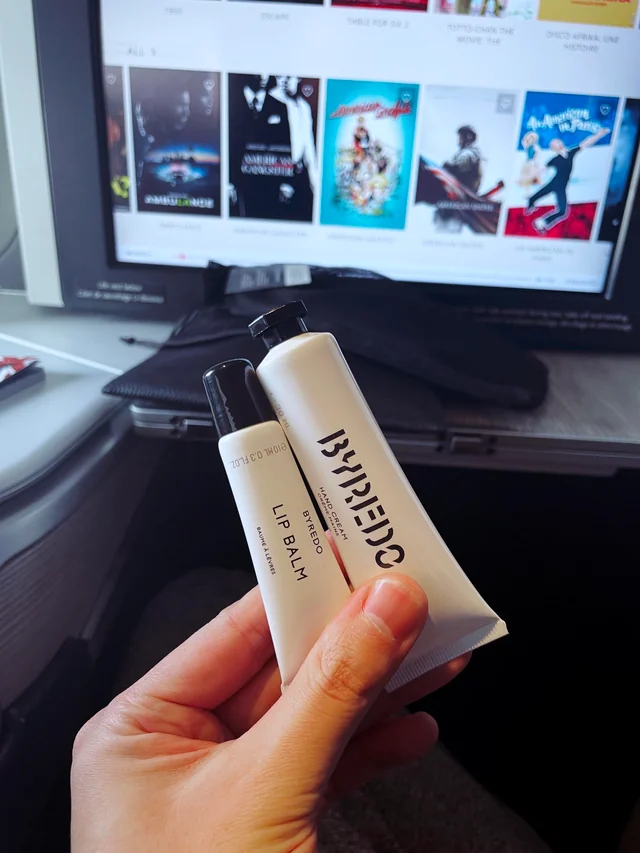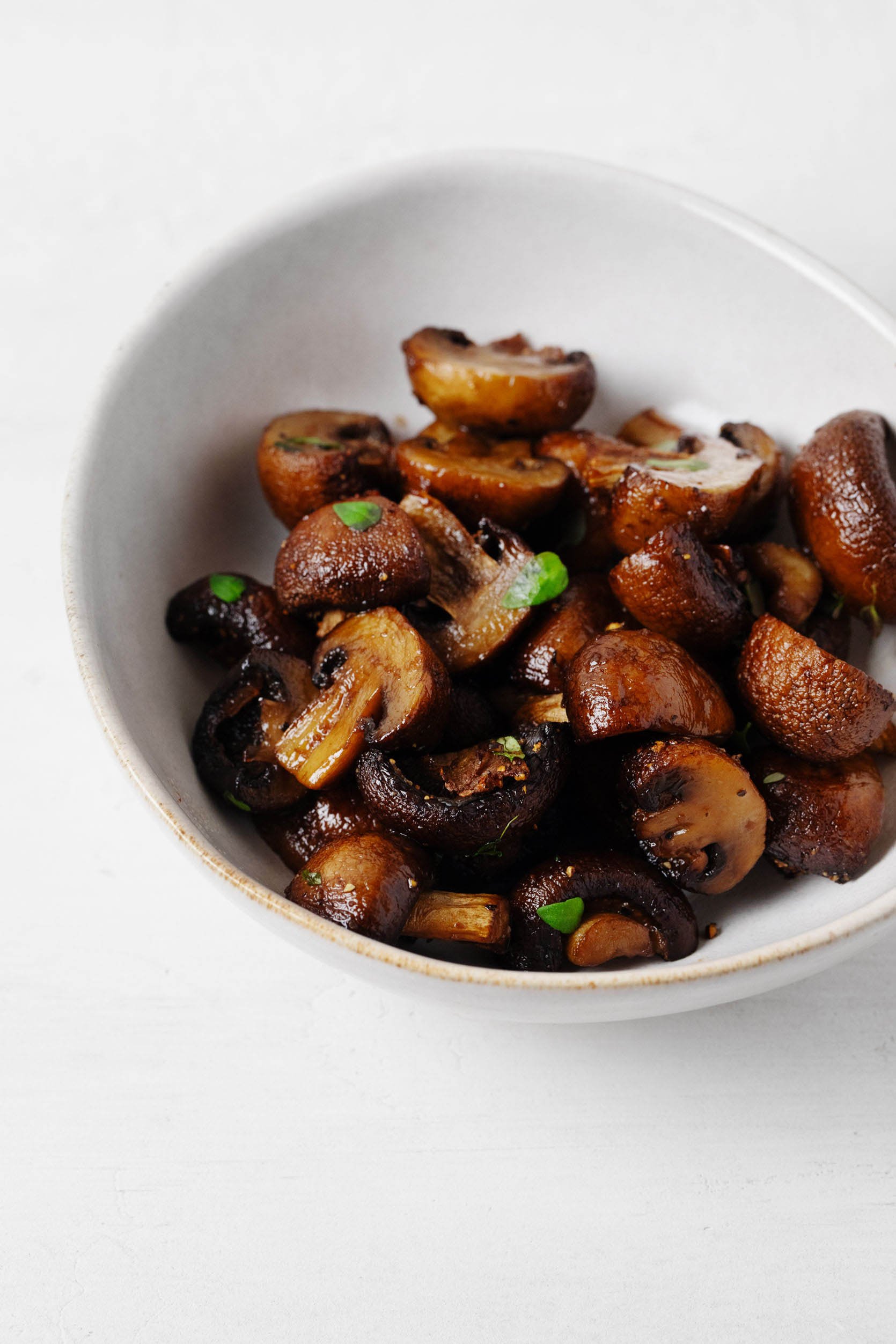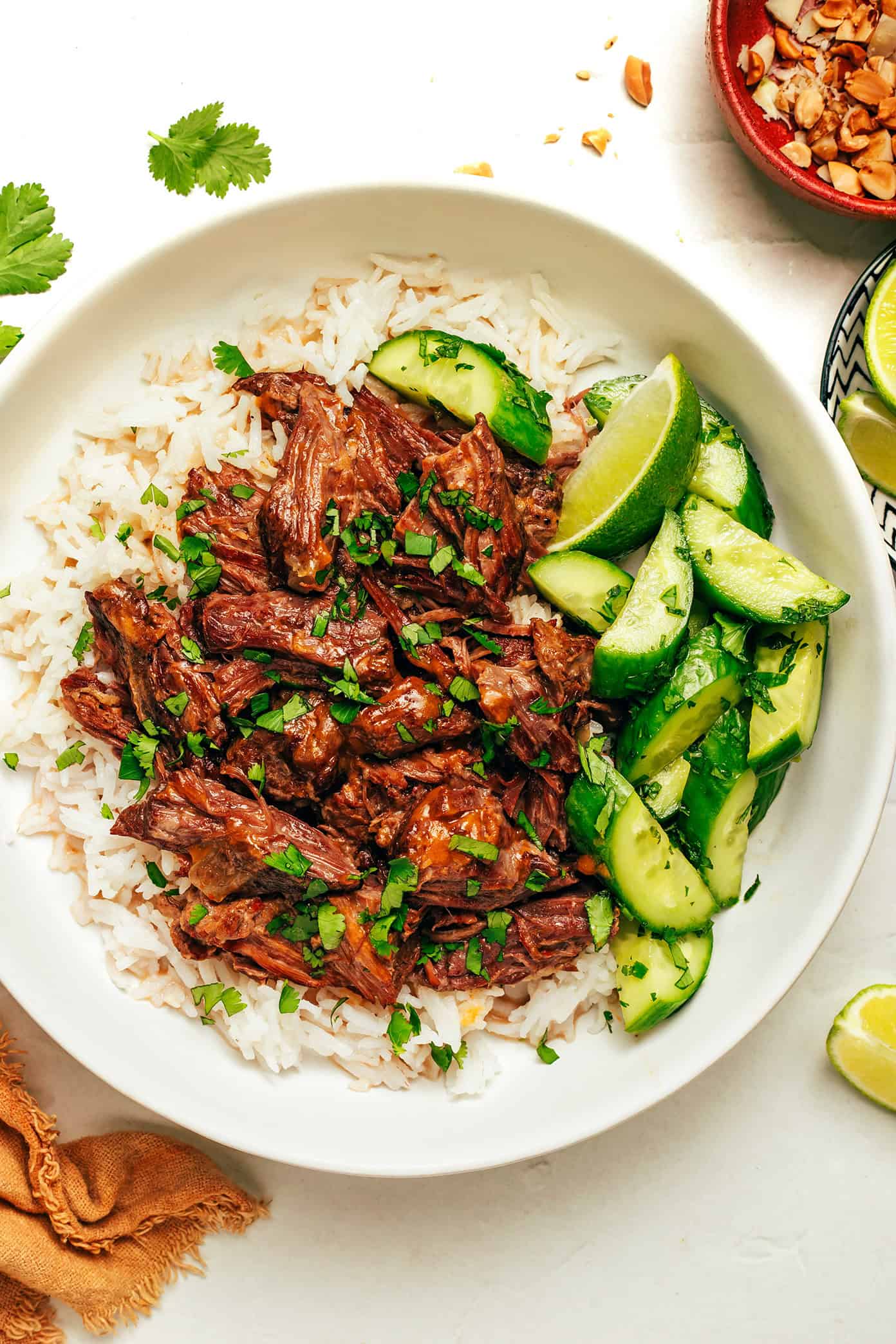Are seed oils bad for you? Vegetable oil vs. olive oil vs. butter
Are vegetable and seed oils “toxic”?! From TikTok to bestseller lists, vegetable oils—a.k.a. “seed oils”—are a big topic right now. To be fair, folks have debated the merits of vegetable oils dating back to when they first entered the marketplace. More recently, however, with the advent of the carnivore diet, vegetable oil hate has roared […] The post Are seed oils bad for you? Vegetable oil vs. olive oil vs. butter appeared first on Precision Nutrition.

Are vegetable and seed oils “toxic”?!
From TikTok to bestseller lists, vegetable oils—a.k.a. “seed oils”—are a big topic right now.
To be fair, folks have debated the merits of vegetable oils dating back to when they first entered the marketplace.
More recently, however, with the advent of the carnivore diet, vegetable oil hate has roared back into the socials. Maybe you’ve come across posts that refer to these cooking oils as “toxic sludge,” “motor oil,” “the hateful eight,” and “the biggest cause of chronic disease that nobody knows about.”
The anti-vegetable oil logic goes something like this…
Animal fats have been with humans for thousands of years. Vegetable fats, on the other hand, were invented during the last century when profit-seeking companies wanted to find a way to sell cheap-to-grow foods to unsuspecting consumers.
Another argument: Like margarine, vegetable oils were marketed as healthier alternatives for butter, and yet, people argue, these oils are worse than butter, raising your risk for obesity, anxiety, depression, ulcerative colitis, and more.
In contrast to the above line of thought, other experts will tell you that vegetable oils are harmless, potentially even health-promoting—and absolutely better than butter.
So, who’s right?
Like so many nutrition topics, the truth is too nuanced to fit on a meme.
In this story, we’ll help you sort the science from the pseudoscience so you can make informed decisions about the oils you choose to include in your diet.
What are vegetable oils?
Sometimes called “seed oils,” vegetable oils start, as you might suspect, from the seed of a plant. The most common ones you’ll find in a typical grocery aisle include:
- Canola oil
- Corn oil
- Safflower oil
- Sesame oil
- Sunflower oil
- Soybean oil
- Grapeseed oil
By the way, if you feel like there’s a bunch of oils missing from that list, it’s probably because those oils come from non-seed plants (such as olive, avocado, palm, or coconut oil, which all come from fruits, and aren’t considered vegetable or seed oils).
How are vegetable oils processed?
Non-vegetable oils—such as olive and avocado oil—are derived from naturally fatty foods. In fact, olives are so oily that you could theoretically make your own olive oil at home. (Just Google “how to make olive oil from scratch,” and you’ll find a number of videos walking you through the steps.)
The same can’t be said of most vegetable oils, which mostly come from foods with a relatively tiny fat content to begin with.
Case in point: A cup of green olives contains about 20 grams of fat,1 whereas a cup of corn has 2 grams.2
As a result, manufacturers must use an extensive multi-step process to extract this small amount of oil from these non-oily foods. These steps include:
- Crushing: A machine uses high pressure to press oil from the seeds.
- Refining: The seeds are heated with a solvent, such as hexane, to extract more oil.
- Deodorizing: To create a neutral taste and remove unwanted compounds, the extracted oil is then cooked at 400 F (204 C) for several hours.
During this process, health-promoting polyphenols and other stabilizing nutrients are lost, and small amounts of unsaturated fats are transformed into trans fatty acids (also called partially hydrogenated fat).
(Interesting fact: This also happens during deep frying. When vegetable oils sizzle in a restaurant’s deep fryer for hours, the trans fat content of the oil increases.)
To call these processed oils “toxic” might be an exaggeration. However, nutrition scientists generally agree that people should avoid trans fats in the diet, and in 2018, the Food and Drug Administration banned manufacturers from adding trans fats to processed foods.3 4
What cooking oils should you eat?
At PN, we’ve created several visual guides people can use to make informed decisions about what to eat.
(We’ve also created a shopping list, which you or your clients can print out and take to the grocery store. Check it out: Healthy Fats Shopping List)
In these guides, we’ve placed a few vegetable oils—expeller-pressed canola oil, high-oleic sunflower, and safflower oils—in the “Eat Some” section. For us, “eat some” is another way of saying that these foods will neither improve health nor harm health—when consumed in reasonable amounts. In some cases, like in the example of dark chocolate, when consumed in small amounts, they might even improve health.
The rest of the vegetable oils, along with butter and other saturated fats, fall into the “Eat Less” category, as the image below shows. You’ll find vegetable oils in bold.

We’ve gotten hate mail from folks who say certain vegetable oils—especially cold-pressed canola oil—should appear alongside olive oil in the “eat more” category. Plenty of others say all vegetable oils belong in the “eat less” column, and that butter belongs in “eat some” or even “eat more.”
To understand the scientific reasoning behind our recommendations, let’s explore some head-to-head matchups.
Extra-virgin olive oil vs. expeller-pressed canola oil
These oils are the least refined of their kind.
To make extra virgin olive oil (EVOO), manufacturers grind and mechanically press olives, without using any heat. Similarly, expeller-pressed canola oil is made by mechanically pressing rapeseed, without the use of heat or chemical solvents.













































































